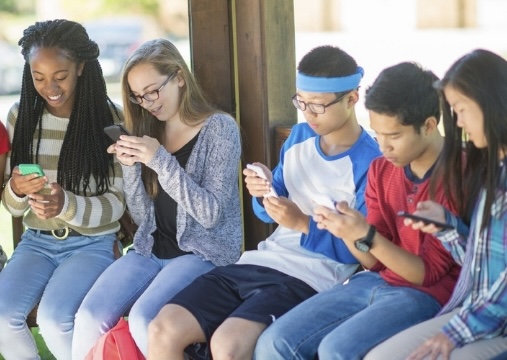BEND, OR -- Amid the ongoing conflict in the Middle East, psychologists worry about the impact on our kids. More than any other generation, they have access to unedited videos and images of a devastating war.
As an Assistant Professor at OSU-Cascades, Dr. Lucy Purgason helps train school counselors. She says parents and school staff need to acknowledge what our kids are seeing. "Do not assume that just because our kids aren’t asking about it or talking about it, that they’re not thinking or worrying about it," she tells KBND News.
She suggests starting with an open ended question like, "‘Hey. I’m imagining that you’ve been seeing things on the news about what’s happening and I’m wondering what might be on your mind about it?’" And then actually listen to their concerns. "One of the things that can be challenging is for younger kids, they don’t understand that this isn’t happening right next door," says Dr. Purgason. They may also be confused when they see the same image or video multiple times, "You can show on a map or pull up Google Earth and show this is where this is happening, to help them understand that. And, that these events that are being played over and over, that doesn’t mean it’s happening each and every time - even though we know that the conflict is ongoing."
For teens, she says, they may need help understanding the reality of suddenly seeing violent images in their feed without warning. Unlike in real life when, "There’s some clues or indicators in our context or environment to alert us. But when we pick up our phone and start scrolling, we don’t have those clues and so we’re inundated with these images. And then we’re quickly turning them off and going right into something else."
She also says teens may need guidance understanding how the war relates to their own conflicts, and adults may need to help adolescents find reliable information.
Overall, parents should trust their instincts, "We have a good sense of when something is on our children’s mind. Have they been a little more withdrawn? Are they acting out a little bit more or just seem a little more sensitive to things?" And, she adds, "It’s okay, as an adult, not to have all the answers. I think that’s sometimes why I know I can be nervous about having a conversation with my child - what if they ask me something and I don’t know?" But, Dr. Purgason says, the most important thing is to be willing to talk about it and keep the lines of communication open.
For more help talking with kids about traumatic images, visit the National Child Traumatic Stress Network.




